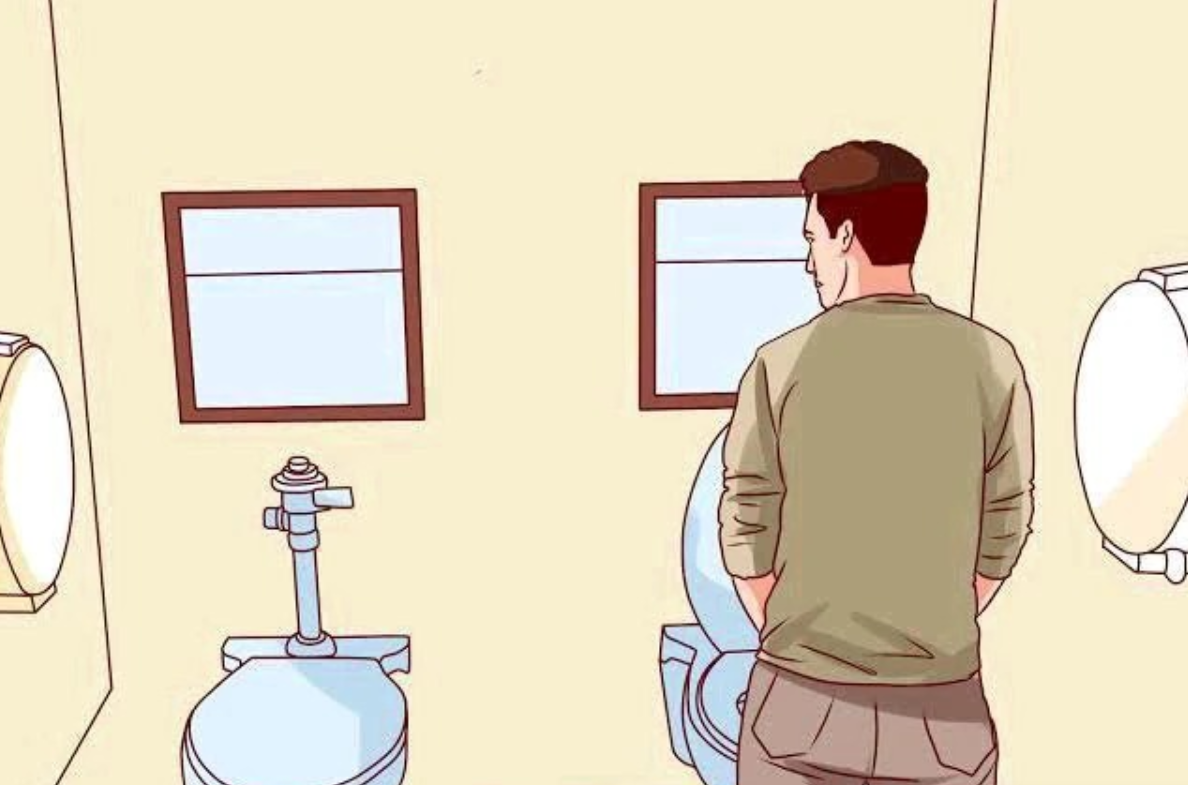
Our kidneys play a crucial role in maintaining the body’s overall health by filtering waste and excess fluids from the blood, producing urine, regulating blood pressure, and balancing electrolytes. When the kidneys start to fail gradually, it can lead to serious health issues if left untreated.
Recognizing the signs of kidney failure is vital to seek medical attention promptly and prevent further complications. Here are some important signs to watch out for and what to do if you suspect your kidneys might be failing…..CONTINUE READING
Fatigue and Weakness: According to Healthline, Feeling unusually tired and weak, even after getting enough rest, can be an early indicator of kidney dysfunction. When the kidneys are unable to filter waste properly, toxins can build up in the bloodstream, leading to feelings of fatigue and lethargy.
Changes in Urination: Pay close attention to any changes in your urination pattern. This may include more frequent trips to the bathroom, especially during the night, or reduced urine output. Additionally, urine that appears foamy or bubbly may indicate excess protein in the urine, which can be a sign of kidney problems.
Swelling: Kidneys help maintain the body’s fluid balance, so when they are impaired, excess fluid can accumulate, leading to swelling in the hands, feet, ankles, and face.
Urine Abnormalities: Keep an eye out for changes in the color of your urine. Dark, tea-colored urine might be a sign of blood in the urine, while pale or foamy urine could indicate protein leakage. Both are potential signs of kidney damage.
Persistent Itching: Kidney failure can lead to an increase in waste products and minerals in the blood, causing persistent itching and dry skin.
Shortness of Breath: Anemia, a common complication of kidney failure, can result in a decreased number of red blood cells. This can lead to reduced oxygen-carrying capacity, causing shortness of breath and dizziness.
Nausea and Vomiting: A build-up of waste products in the blood can cause nausea and vomiting. Loss of appetite and weight loss might also be observed.
If you notice any of these signs, it’s crucial to seek medical advice promptly. Early detection and intervention can help slow down the progression of kidney disease and prevent further damage. Here’s what you can do if you suspect your kidneys are failing:
Consult a Healthcare Professional: If you experience any concerning symptoms, schedule an appointment with your healthcare provider. They can perform tests to assess your kidney function, such as blood tests, urine analysis, and imaging studies.
Manage Underlying Conditions: Kidney failure can be a result of underlying health conditions like diabetes and high blood pressure. By managing these conditions effectively, you can reduce the risk of kidney damage.
Adopt a Healthy Lifestyle: Maintain a balanced diet, low in salt and processed foods, and stay well-hydrated. Regular exercise and avoiding smoking and excessive alcohol consumption can also promote kidney health.
Follow Medical Advice: If kidney disease is diagnosed, follow your doctor’s advice, take prescribed medications, and attend regular check-ups.
Consider Dialysis or Transplant: In advanced cases of kidney failure, dialysis or kidney transplant may be necessary. Discuss these options with your healthcare team to determine the best course of action…..CONTINUE READING